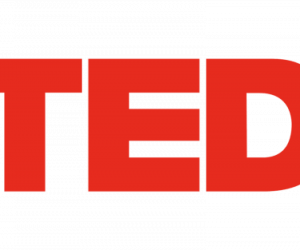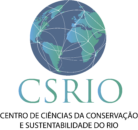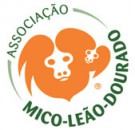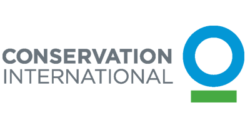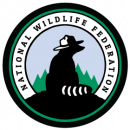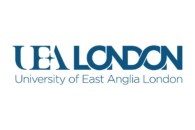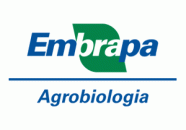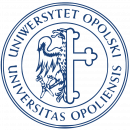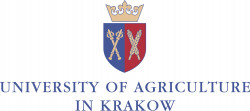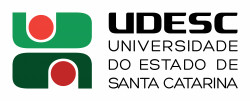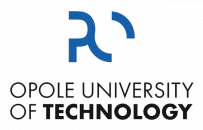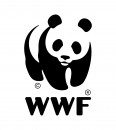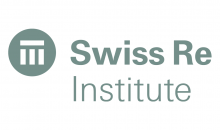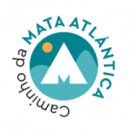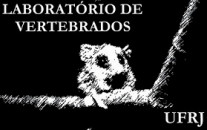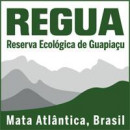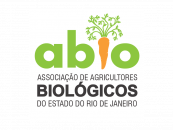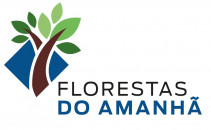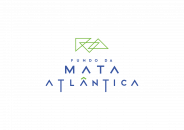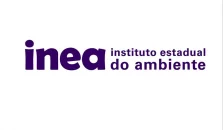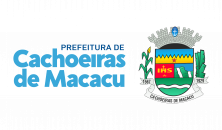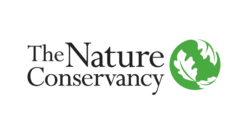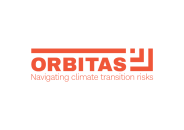Sustainable development

The growth in consumption of natural resources and the impacts due to their exploitation, are profoundly altering the functioning of ecosystems,
with damaging effects to biogeochemical cycles, threatening the provision of ecosystem services, essential for human existence and well-being. To reverse this situation, it is necessary to rethink development patterns, balancing the social, economic and environmental pillars.
In this context, our projects seek to highlight the synergies between biodiversity conservation and socioeconomic development, in line with the 2030 Agenda for Sustainable Development, which contains the 17 Sustainable Development Goals (SDGs), configuring itself as an action plan for people, planet and for prosperity.
In addition to the efforts aimed at sustainable agricultural production practices, our work also covers production chains, such as strengthening fair trade and short marketing chains (SDG 12 “Ensure sustainable consumption and production patterns”); sustainable production and consumption practices, which constitute an opportunity for the generation of green jobs and sustainable economic growth (SDG 8 - Promote sustained, inclusive and sustainable economic growth, full and productive employment and decent work for all), combining poverty eradication (SDG 1) and targeting actions towards the most vulnerable populations, with social inclusion, reducing inequalities (SDG 10 “Reducing inequality within and among countries”) and women's empowerment (SDG 5 “Achieving gender equality and empower all women and girls).
Related Content
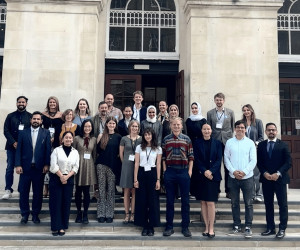
03.07.25
IIS delivers talk on behavioural sciences applied to conservation at the Behavioural Transformations 2025 conference in London
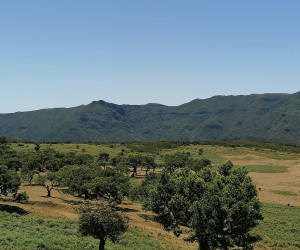
30.06.25
IIS launches study in partnership with Orbitas highlighting economic opportunities in Brazil’s forest restoration

Room to Grow: The Economic Case for Forest Restoration in Brazil
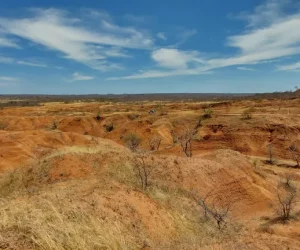
World Day to Combat Desertification and Drought (17 June)
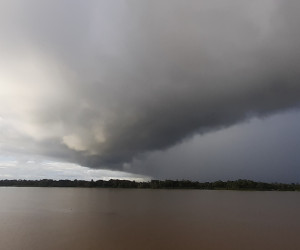
Technical Support for the Contributions of the Brazil Coalition to the Climate Plan
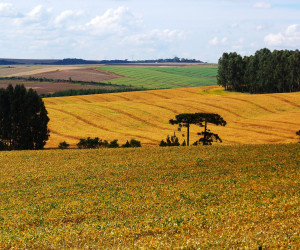
Ecosystem Restoration as an Opportunity for Climate Transition in Land Use in Brazil
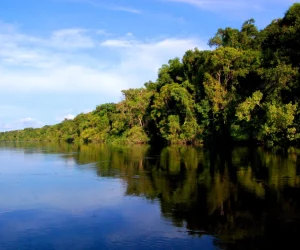
Restoring Landscapes in the Amazon and the Atlantic Forest

Data and Criteria review for Prioritizing Areas of the Pará State PSA Program
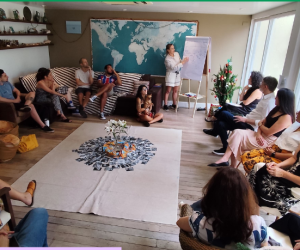
07.01.25
IIS completes 15 years of history, impact and achievements!
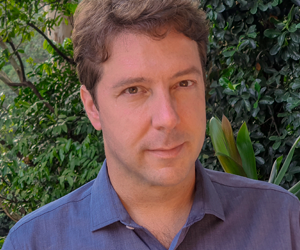
07.01.25
For the third consecutive year, Bernardo Strassburg is elected one of the most influential researchers in the world
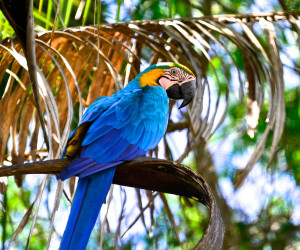
Biodiversity credits: a promising financial solution for sustainable and deforestation-free agriculture
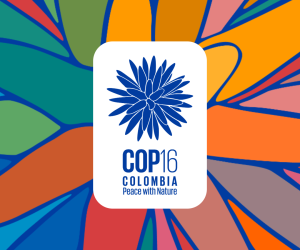
18.10.24
IIS participates in the COP 16 on Biodiversity in Cali, Colombi
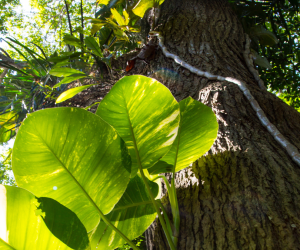
Boosting Assisted Natural Regeneration: Solutions for Mato Grosso and Pará
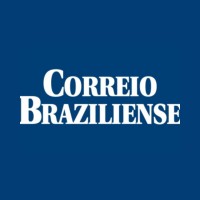
08.10.24
IIS Researcher Stella Manes Selected for Climate Leadership Program in New York
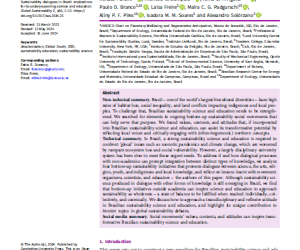
Sustainability dialogues in Brazil: implications for boundary-spanning science and education
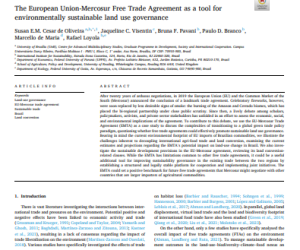
The European Union-Mercosur Free Trade Agreement as a tool for environmentally sustainable land use governance
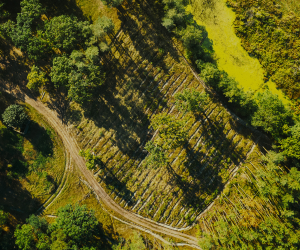
Priority Areas for Native Vegetation Restoration in Brazil
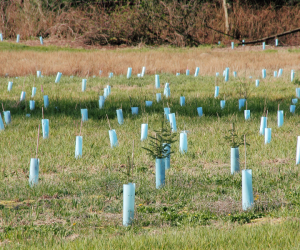
What are Nature-Based Solutions (NbS) and what are their benefits?
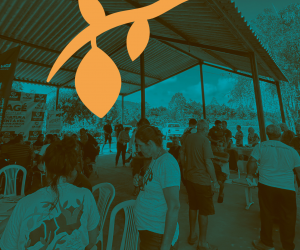
27.06.24
Rural Environmental Registry Task Forces Promote Environmental Compliance in Magé and Guapimirim
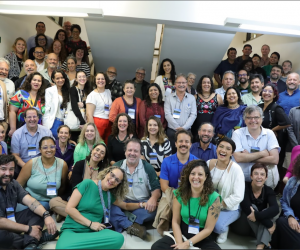
25.06.24
Debates are advancing towards the construction of a public policy that recognises the results of biodiversity conservation efforts in Brazil
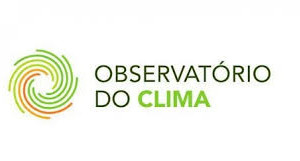
05.06.24
IIS is now a member of the Climate Observatory
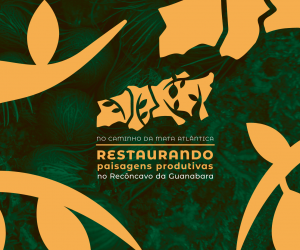
The Atlantic Forest Trail: Restoring Productive Landscapes in the Guanabara Reconcave
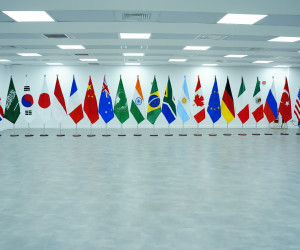
06.05.24
IIS is part of group that will make recommendations for the G20
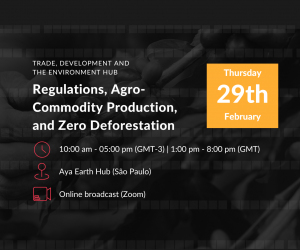
09.02.24
Video: Regulations, Agro-Commodity Production, and Zero Deforestation
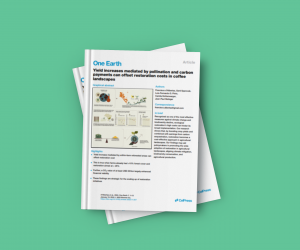
Yield increases mediated by pollination and carbon payments can offset restoration costs in coffee landscapes
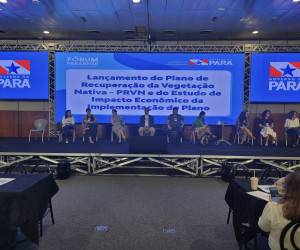
21.12.23
Now it’s law: Pará must restore vegetation on 5.6 million hectares
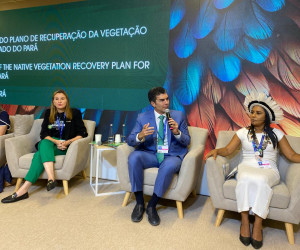
20.12.23
During COP 28, Pará launches a plan co-led by IIS to restore the Amazon
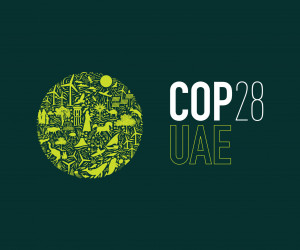
20.12.23
COP 28 Climate Summit: Acknowledging Progress, Facing Challenges, and Brazil’s Role for a Sustainable Future
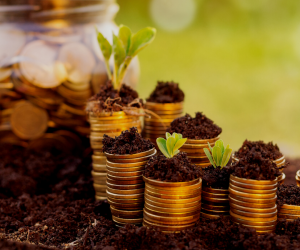
20.12.23
After all, what is the Carbon Market and how does it work?
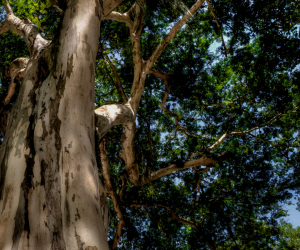
20.12.23
How do the conservation and restoration of ecosystems contribute to the climate agenda?
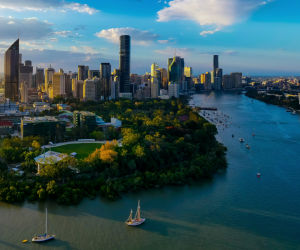
20.12.23
What are NbS and what are their contributions to mitigation and adaptation in the face of climate change?
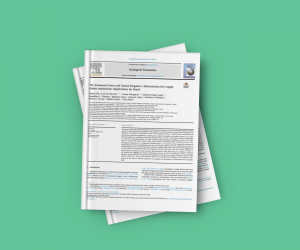
The European Union and United Kingdom’s deforestation-free supply chains regulations: Implications for Brazil
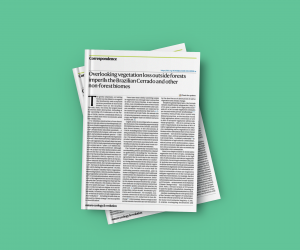
Overlooking vegetation loss outside forests imperils the Brazilian Cerrado and other non-forest biomes
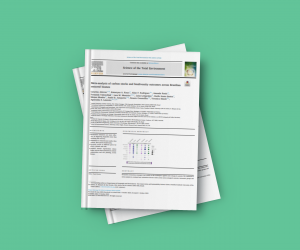
Meta-analysis of carbon stocks and biodiversity outcomes across Brazilian restored biomes
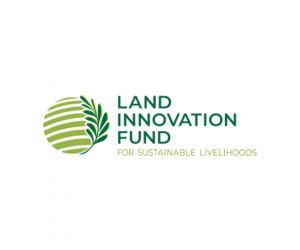
16.10.23
The carbon market: an opportunity to control deforestation caused by agricultural expansion in Brazil
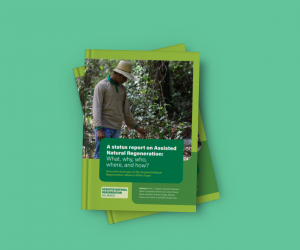
A status report on Assisted Natural Regeneration: What, why, who, where, and how?
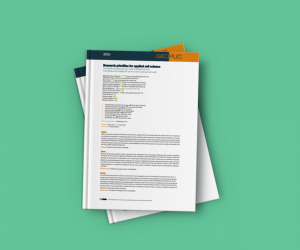
Research priorities for applied soil science
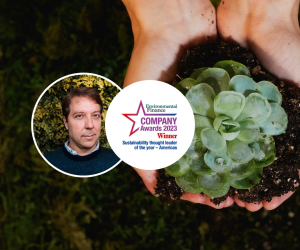
20.09.23
Bernardo Strassburg, president of IIS, has been elected as the “Sustainability Leader of the Year for 2023”
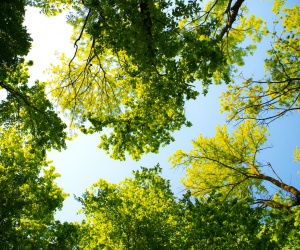
Framework to guide the mitigation of natural disasters through Nature-based Solutions
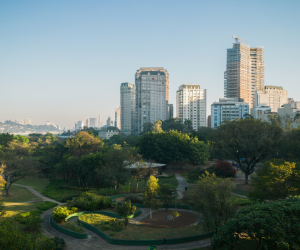
15.09.23
IIS is one of the winners of the “Biodiversity and Ecosystem Services Scenario Modelling Challenge”

09.08.23
ACHIEVING AGRICULTURAL SUSTAINABILITY IN MATOPIBA

Executive summary: Mental maps of rural producers on land use change in MATOPIBA
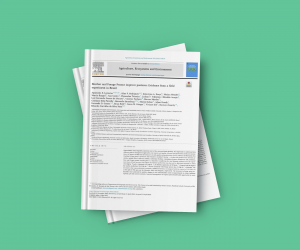
Biochar and Forage Peanut improve pastures: Evidence from a field experiment in Brazil

13.04.23
Video: PLANGEA Web International Launch
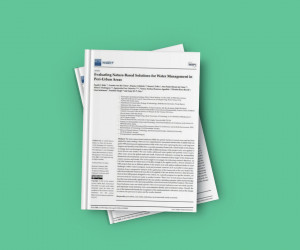
Evaluating Nature-Based Solutions for Water Management in Peri-Urban Areas
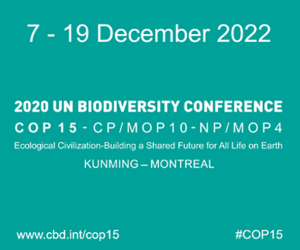
06.01.23
IIS contributes to different targets of the Post-2020 Global Biodiversity Framework (Post-2020 GBF)

Strengthening environmental governance and traceability in cattle supply chains in Brazil
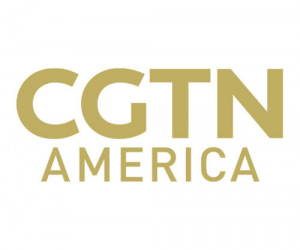
27.10.22
Wildlife populations face fast decline in Latin America
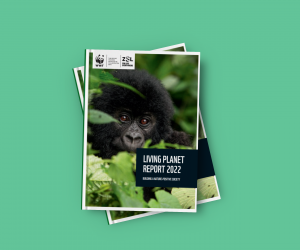
Living Planet Report 2022: building a nature-positive society

IIS-re.green partnership to restore at least 1 million hectares of forests
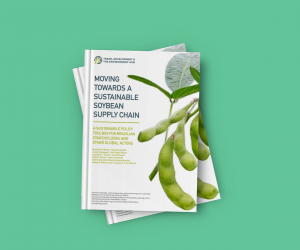
Policy Brief: Moving towards a sustainable soybean supply chain – a sustainable policy toolbox for Brazilian stakeholders and other global actors
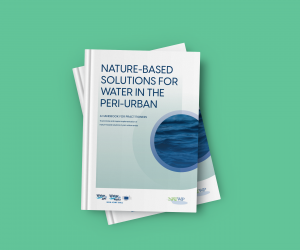
NATWiP Handbook – A handbook for practitioners to promote and inspire implementation of nature-based solutions in peri-urban areas

SPACES: spatial intelligence for climate and nature
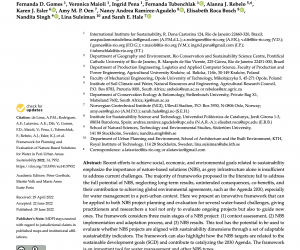
Framework for Planning and Evaluation of Nature-Based Solutions for Water in Peri-Urban Areas
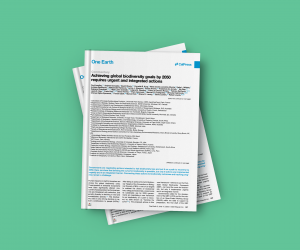
Achieving global biodiversity goals by 2050 requires urgent and integrated actions
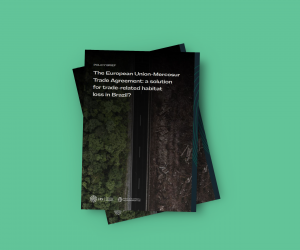
Policy Brief: The European Union-Mercosur Trade Agreement: a solution for trade-related habitat loss in Brazil?

18.05.22
CSRio Seminar: Solutions for cities: a successful case study of a polluted city in Europe
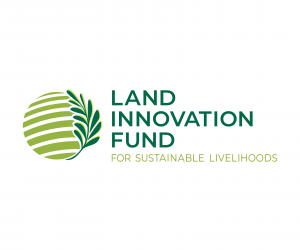
Behavioral Sciences applied to a sustainable soy chain
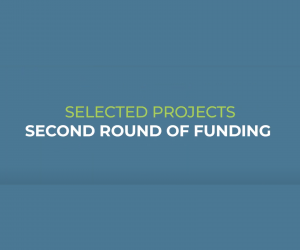
11.05.22
IIS´s project is selected in the second call for funding from the Land Innovation Fund for South America

Methodical Aspects of Soil Ecosystem Services Valuation

15.02.22
Identifying Priority Areas for Restoration: Amazon Biome

Identifying Priority Areas for Restoration: Amazon Biome
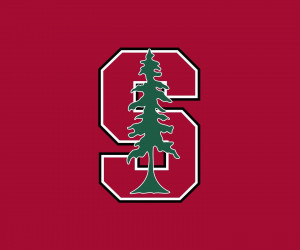
04.02.22
Bernardo Strassburg, Executive Director of IIS, listed as one of the best scientists in the world by Stanford University and Elsevier
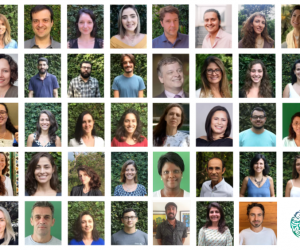
21.12.21
What have we learned in 2021? – IIS Retrospective
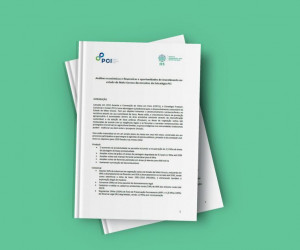
Economic and financial analysis of the investment opportunities in the state of Mato Grosso arising from the PCI Strategy
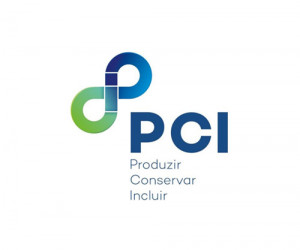
Economic and financial analysis of the investment opportunities in the state of Mato Grosso arising from the PCI Strategy
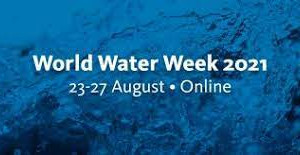
24.08.21
IIS at the World Water Week

Expertise on #23 – Integrated approach: better choices for restoring ecosystems
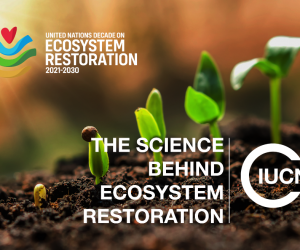
28.05.21
World Environment Day and the launch of the Decade of Ecosystem Restoration
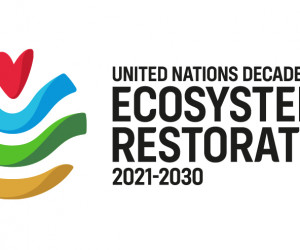
28.05.21
IIS in the UN Decade on Ecosystem Restoration
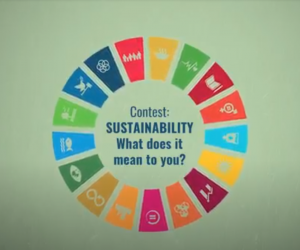
15.04.21
Winners of the contest “SUSTAINABILITY: What does it mean to you?”
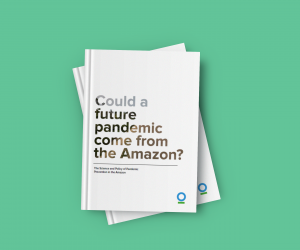
Could a future pandemic come from the Amazon?

Frontiers in Ecology and Evolution: Local Perception in Forest Landscape Restoration Planning: A Case Study From the Brazilian Atlantic Forest
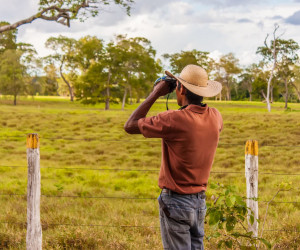
05.03.21
Workshop on agricultural commodities production and trade scenarios outcomes on land use change and biodiversity in Brazil
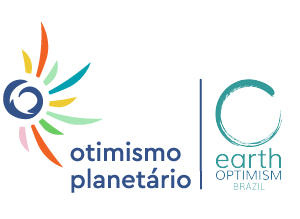
01.03.21
Earth Optimist Brazil 2021
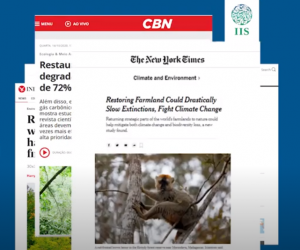
09.02.21
2020 in retrospective
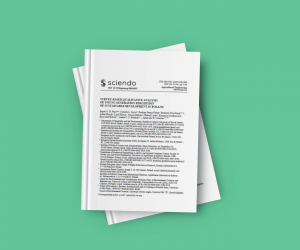
Survey-based qualitative analysis of young generation perception of sustainable development in Poland
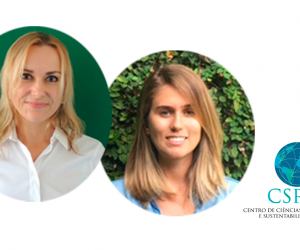
21.10.20
CSRio Seminar: Are new frameworks needed? Discussion in the scope of environmental projects
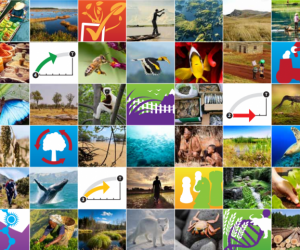
18.09.20
Humanity at a crossroads, says UN Global Biodiversity Outlook 5
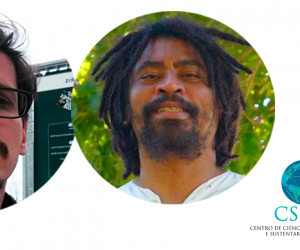
17.09.20
Socio-environmental conflicts and urban sustainability in the city of Rio de Janeiro
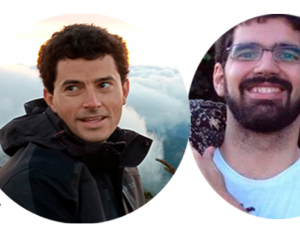
20.07.20
CSRio Seminar: “Caminho da Mata Atlântica: a trail reconnecting people, forests and protected areas”
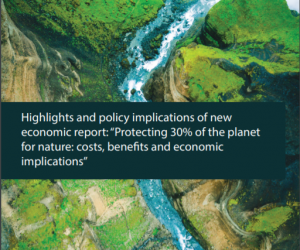
09.07.20
Economic Benefits of Protecting 30% of Planet’s Land and Ocean Outweigh the Costs at Least 5-to-1
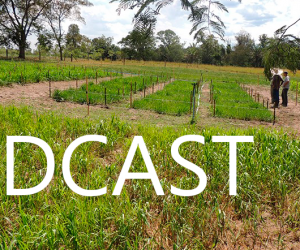
30.03.20
Podcast “Biochar for soil quality and farming sustainability in Brazil”
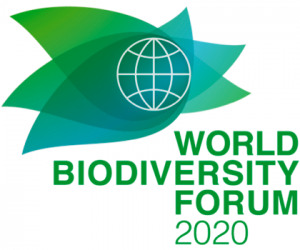
28.02.20
IIS team members attended the World Biodiversity Forum
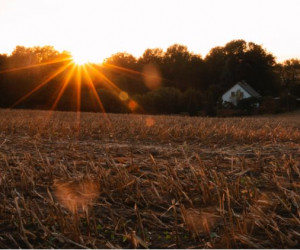
The Review of Biomass Potential for Agricultural Biogas Production in Poland
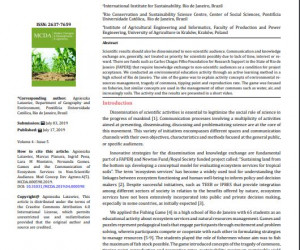
Games and the Communication of Ecosystem Services to Non-Scientific Audiences
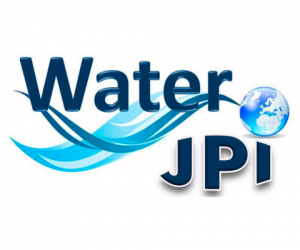
NATWIP: Nature based solutions for water management in the periurban: linking ecological, social and economic dimensions

Sustainable Rural Development in Paraitinga River Basin, São Paulo State

27.09.19
CSRio Seminar welcomes Luísa Côrtes
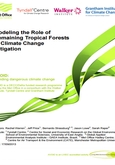
Modeling the Role of Remaining Tropical Forests in Climate Change Mitigation
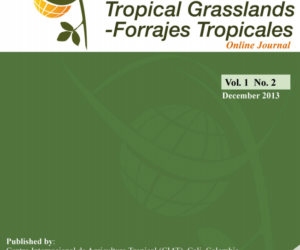
Challenges and opportunities for improving eco-efficiency of tropical forage-based systems to mitigate greenhouse gas emissions
A large-scale field assessment of carbon stocks in human-modified tropical forests
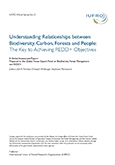
Understanding relationships between biodiversity, carbon, forests and people
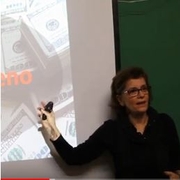
30.08.19
CSRio Seminar welcomes Cecília Herzog on the talk “Nature-Based Solutions for Contemporary City Challenges”
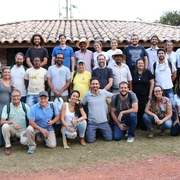
30.08.19
Meeting with institutions and local leaders of Pouso Alto´s APA – GEF Private Areas
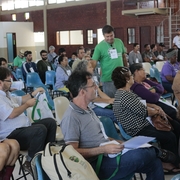
28.08.19
First Landowners Meeting of the São João River Basin Protected Area – GEF Private Areas Project

20.06.19
Reforestation: 740 thousand hectares of Atlantic Forest are recovered from 2011 to 2015
14.10.18
The Cerrado is heading for the largest extinction of plants ever recorded in the world. According to Bernardo Strassburg, director of IIS, even if deforestation stops today, without restoration 657 sp
13.09.18
Agnieszka Latawiec, professor at PUC-Rio and IIS´ director, is awarded by the British Crown.
12.09.18
Researcher from Rio wins unprecedented prize from the world’s oldest scientific academy
30.04.17
Bernardo Strassburg talks to TV PUC-Rio about the progress of Cerrado deforestation, its consequences and the possibilities to avoid the collapse of the biome.
20.04.17
Bernardo Strassburg speaks with the Center for International Forestry Research (CIFOR) on the sidelines of the 13th Conference of Parties to the Convention on Biological Diversity (CBD COP13).
30.03.17
Agnieszka Latawiec talks to UOL TV about the study that she coordinated about the lack of labor and the adoption of good agricultural practices in the Amazon
30.03.17
Agnieszka Latawiec talks to Terraviva TV about the study that coordinated about lack of labor and adoption of good agricultural practices in the Amazon
24.03.17
The G1 website has disseminated the study elaborated by CSRio, IIS and partners, which shows that in 30 years the Brazilian cerrado may have higher plant extinction in the world history
24.03.17
Bernardo Strassburg talks about the progress of deforestation in Cerrado in an article from Observatório Eco – Direito Ambiental.
16.03.17
Agência O Globo website has disseminated the study coordinated by Agnieszka Latawiec, where the lack of labour is pointed as the main problem for adoption of good agricultural practices in the Amazon
16.03.17
The Estadão website has disseminated the study coordinated by Agnieszka Latawiec where the lack of labour is pointed as the main problem for adoption of good agricultural practices in the Amazon
11.11.16
Discussion forum with Bernardo Strassburg and Agnieszka Latawiec, from IIS, at the Global Landscape Forum held in Paris – 2015 (from the 36th minute)
15.04.16
Centre for Conservation and Sustainability Science is inaugurated
10.01.16


